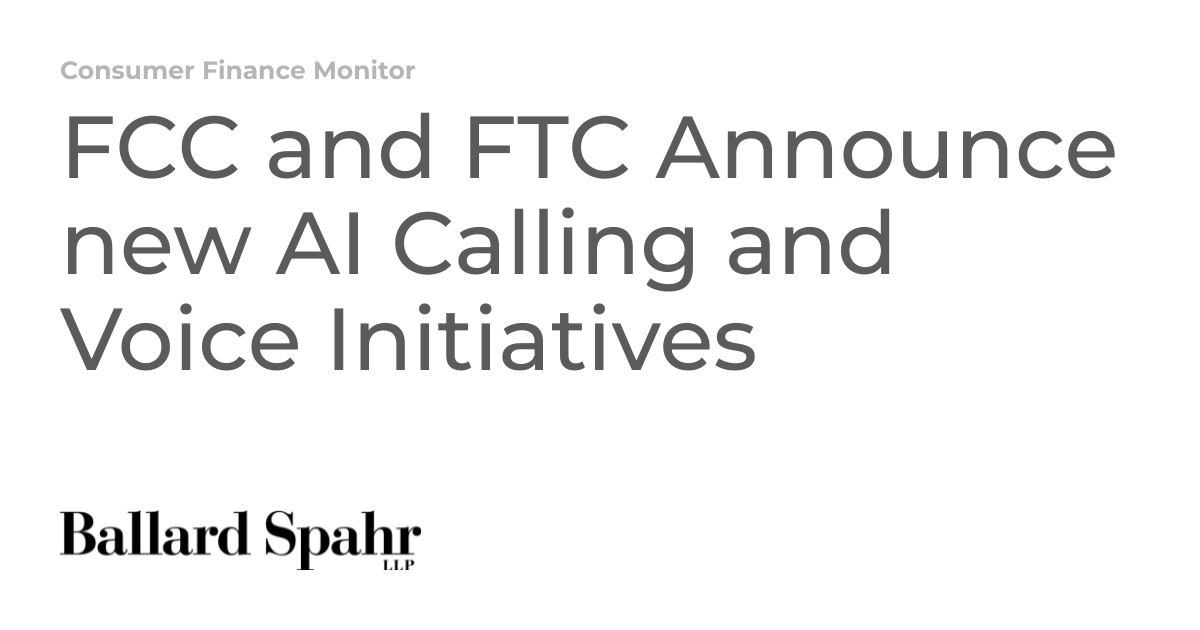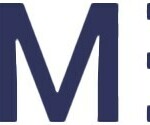New initiatives concerning the utilization and impacts of AI technologies on consumers in telephone and voice communications were recently unveiled by the Federal Communications Commission (FCC) and the Federal Trade Commission (FTC) on November 16. These initiatives underscore the authorities’ focus on existing and emerging AI-related issues, aligning with the latest Executive Order on Artificial Intelligence.
FCC’s Inquiry Notice
The FCC’s Notice of Inquiry (NOI) delves into the use of AI technologies in combating unwanted and unlawful telephone calls and text messages under the Telephone Consumer Protection Act (TCPA). The FCC aims to explore the potential benefits and risks associated with AI in the telecommunications sector through this inquiry.
A primary objective of the NOI is to collect information to define the term “Artificial Intelligence” within the TCPA framework. Any discourse on AI’s application in this domain necessitates a clear understanding. The NOI seeks to identify additional considerations for defining the term within the TCPA’s scope and presents various relevant legal definitions for Artificial Intelligence and related terms. Of particular interest to the FCC is the correlation between AI and the TCPA’s existing prohibition on “artificial” voice messages. The FCC specifically inquires about the capability of AI systems to function as live agents during customer interactions.
Furthermore, the FCC’s NOI aims to assess the potential benefits of AI systems in shielding users from unwelcome and illicit robocalls and robotexts. The FCC’s inquiries encompass innovative tools that callers could employ to target their calls more effectively towards specific demographics and potential solutions for call identification and screening.
Looking ahead, the FCC seeks input on the accountability of AI developers responsible for creating calling systems that facilitate or condone TCPA violations. Addressing liability concerning the utilization and deployment of AI systems is likely to be a significant focal point for TCPA compliance moving forward.
The full NOI and the FCC’s list of inquiries can be accessed below, with responses expected by December 18, 2023.
FTC’s Voice Cloning Challenge
On the same day, the FTC introduced the Voice Cloning Challenge to address the current and future challenges posed by AI-driven speech cloning systems. In contrast to the FCC’s NOI, the Voice Cloning Challenge has a broader scope, concentrating on the potential benefits and drawbacks of AI voice cloning technologies within the context of the proposed Impersonation Rule, Telemarketing Sales Rules, and the Federal Reserve Act. The challenge aims to foster the development of comprehensive strategies for preventing, detecting, and analyzing harmful voice clones.
The Challenge guidelines can be accessed here, requiring submissions to address at least one of three “intervention points”: (1) Prevention or Authentication, (2) Real-Time Detection or Monitoring, and (3) Post-use Evaluation. Details regarding the FTC’s recommendations and submission deadlines are available. The top prize winner will receive $25,000, with additional awards for honorable mentions and the runner-up. The deadline for final submissions is between January 2 and January 12, 2024.






